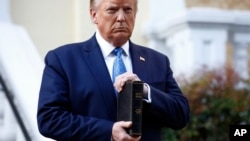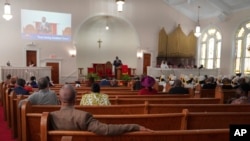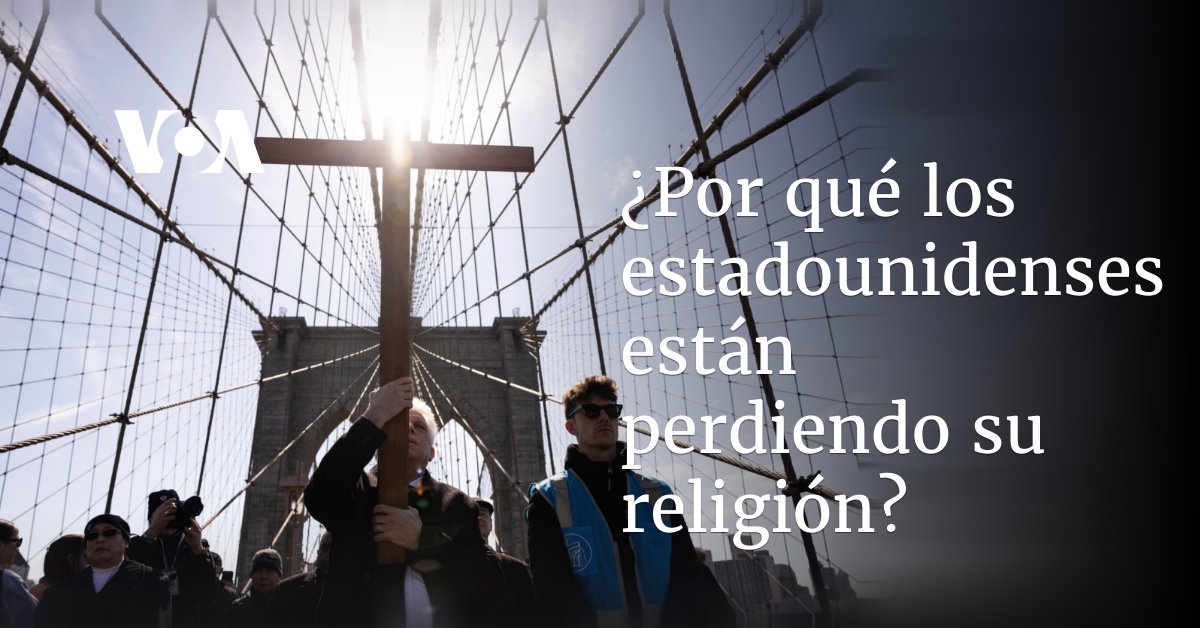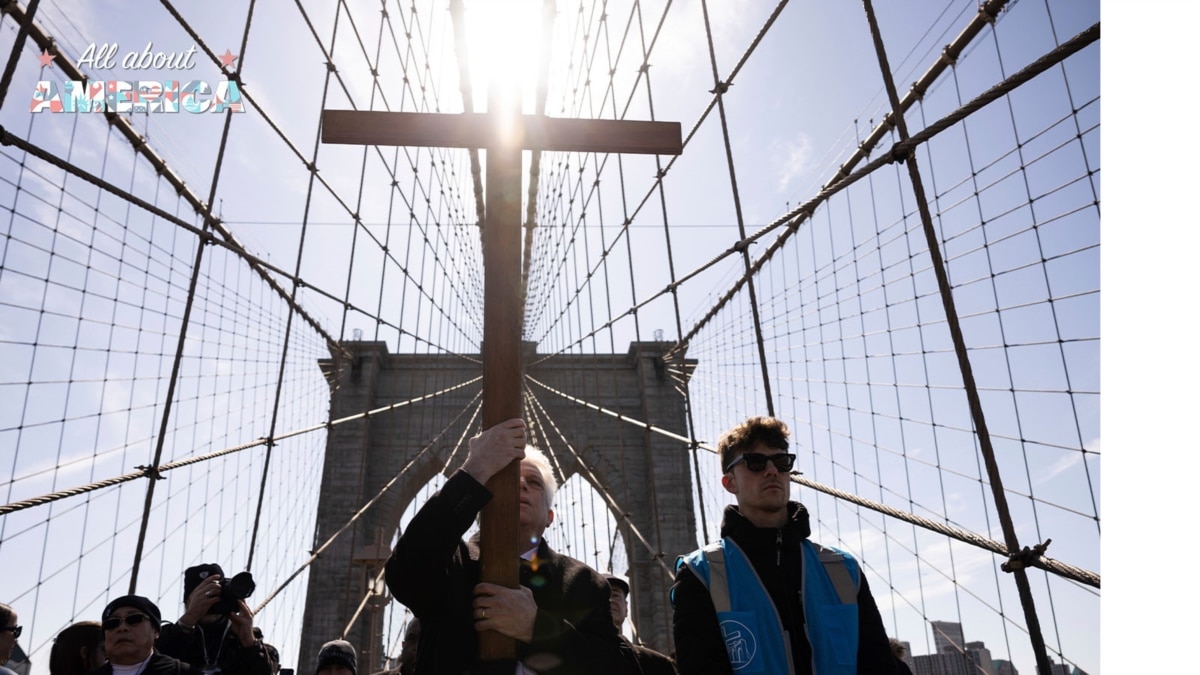All About America explores American culture, politics, trends, history, ideals and places of interest.
A decadeslong trend toward secularization, which has come more slowly to America than many other developed countries, appears to be picking up speed in the United States, according to polling and other evidence.
In 1965, a Gallup poll found that 70% of respondents said religion is “very important” in their lives. Today, fewer than half of Americans (45%) say religion is “very important.”
“Younger generations probably weren’t really brought up in a faith tradition, or maybe if they were, they didn’t go to church that often … so I think that’s a big reason,” Jeff Jones, a senior editor at Gallup, says.
One-fourth of Americans (26%) said they were religiously unaffiliated in 2023, which is up from 21% in 2013, according to the Public Religion Research Institute.
The same study suggests that these religiously unaffiliated folks are not looking to get more religion. Only 9% say they are interested in finding a new religious or spiritual home.

The decline in church attendance points to a major change in American civic life and engagement, according to political scientist David Campbell, who says Americans pulled away from other types of groups in the past but were still affiliated with organized religion.
“Americans are less likely to be spending time with one another in the kinds of groups and the kinds of organizations where they learn to cooperate with one another — they get things done, they come together to mobilize on an issue,” Campbell says.
“There’s just a lot less of that, and the decline in religion is a big part of that story.”
Campbell, a professor at the University of Notre Dame in Indiana, says another reason for the drop-off in religious faith may be an “allergic reaction to the religious right” among people who were already on the religious periphery.
“I don’t want to suggest that this is the only reason that people turn away from religion, but it is definitely a primary one,” said Campbell, a co-author of scientific studies on links between politics and religion in the United States.
“Increasingly, in many Americans’ minds, religion equals the religious right, or equals the Republican Party, or maybe equals support for [former President] Donald Trump. And if that’s what religion is, for many people, they don’t want any part of religion,” he says.

Sam Abrams, a fellow at the American Enterprise Institute, which lists “free people, free markets, and limited government” as its core values, noted that one of the biggest drop-offs in religious adherence since the political rise of Trump has been among women.
“You can be actually from a fairly religious household, but now the extreme conservative rhetoric about things like abortion and the role of women is pushing young women away from that and turning them atheist, agnostic and into ‘none’ or ‘nothing,’” says Abrams, who is also a professor of politics and social sciences at Sarah Lawrence College.
“There was a bigger issue that predates this, which is just rampant secularization and turning away from these religious organizations to begin with, and then the phenomenon of the extreme right has pushed people away very, very quickly,” he adds.
A Pew research poll finds that 28% of U.S. adults describe themselves as atheists, agnostics or “nothing in particular” when it comes to religion. The atheists account for 4% of the so-called “nones.” The survey finds that most nones believe in God or a higher power, but they don’t regularly attend religious services.
About two-thirds of people questioned say they are not religious because they question a significant portion of religious teachings or don’t believe in God.
The decline in people attending services is happening in all age groups, according to Gallup.
“We see religious attendance much higher among older generations and much lower among younger generations, but we still see declines among all age groups,” Jones says. “So, even though older people are more likely to go to church, older people today are less likely to go to church than in the past.”

The growth in religious nonaffiliation began after the Cold War, which ended in 1989, according to Campbell. Shelly Melia, a professor of children’s and family ministry at Dallas Baptist University, says the COVID-19 pandemic, which forced many religious institutions to stop in-person services for a period of time, may have accelerated the nonreligious trend.
Melia believes younger people are looking for something different than their parents. While older people might be attracted to church buildings and formal religious events, younger adults might require a different approach.
“There’s a need to shift away from more of an attraction model to an authentic model, because I think that’s what our young people really want,” says Melia, who is a licensed professional counselor. “We’ve got big buildings, and I think our younger generation sees injustice in the world and are far more interested in addressing that than supporting an institution that doesn’t feel like they’re as interested in that as they should be.”
So, what happens when a country loses its religion? Campbell points to examples of secular countries that are functioning democracies.
“The Scandinavian countries are very secular, and they’re generally thought to be among the most democratic of all the democratic countries in the world. Those are also countries with a high degree of happiness,” Campbell says. “So, it’s not necessarily the case that a secular society is a less democratic society or less happy society.”
But with religious symbols deeply embedded in national U.S. symbols and traditions — “In God We Trust” is printed on currency, and “So help me God” is part of the presidential oath — how likely is America to become more secular?
“I suspect that over the medium to long term, we’ll settle into a new equilibrium where religion will not be completely expunged from American life, but it will only occupy a different space than it does now,” Campbell says.





